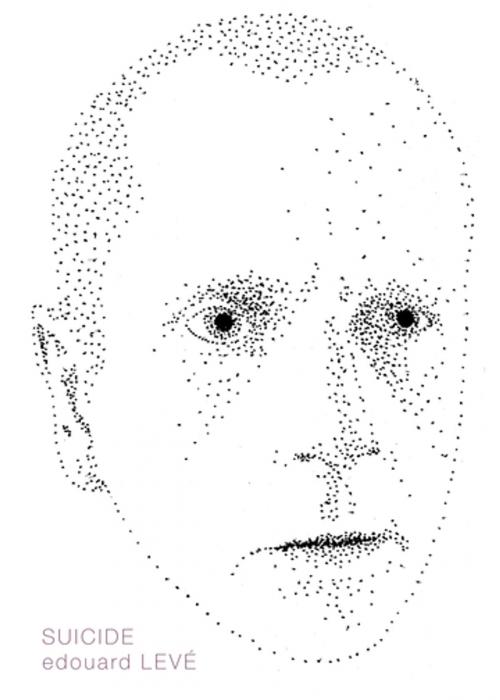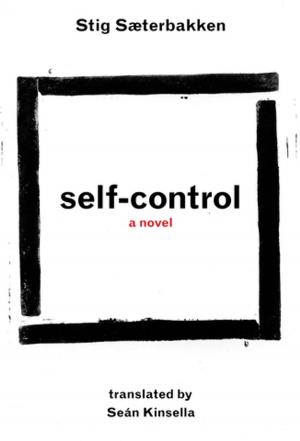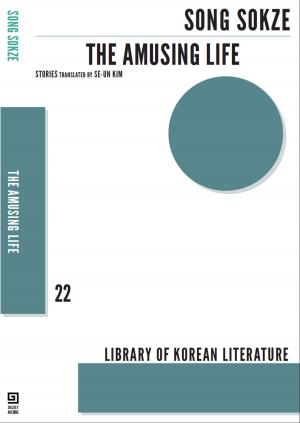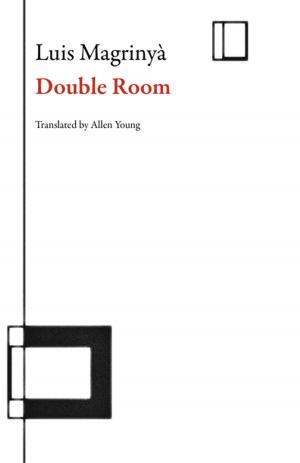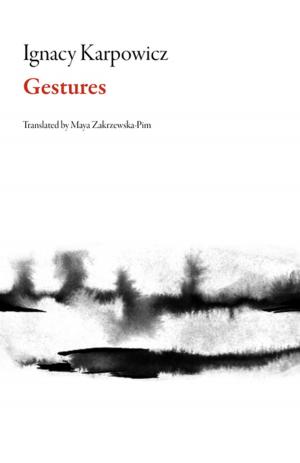| Author: | Edouard Levé | ISBN: | 9781564786494 |
| Publisher: | Dalkey Archive Press | Publication: | June 5, 2014 |
| Imprint: | Dalkey Archive Press | Language: | English |
| Author: | Edouard Levé |
| ISBN: | 9781564786494 |
| Publisher: | Dalkey Archive Press |
| Publication: | June 5, 2014 |
| Imprint: | Dalkey Archive Press |
| Language: | English |
Suicide cannot be read as simply another novel—it is, in a sense, the author's own oblique, public suicide note, a unique meditation on this most extreme of refusals. Presenting itself as an investigation into the suicide of a close friend—perhaps real, perhaps fictional—more than twenty years earlier, Levé gives us, little by little, a striking portrait of a man, with all his talents and flaws, who chose to reject his life, and all the people who loved him, in favor of oblivion. Gradually, through Levé's casually obsessive, pointillist, beautiful ruminations, we come to know a stoic, sensible, thoughtful man who bears more than a slight psychological resemblance to Levé himself. But Suicide is more than just a compendium of memories of an old friend; it is a near-exhaustive catalog of the ramifications and effects of the act of suicide, and a unique and melancholy farewell to life.
Suicide cannot be read as simply another novel—it is, in a sense, the author's own oblique, public suicide note, a unique meditation on this most extreme of refusals. Presenting itself as an investigation into the suicide of a close friend—perhaps real, perhaps fictional—more than twenty years earlier, Levé gives us, little by little, a striking portrait of a man, with all his talents and flaws, who chose to reject his life, and all the people who loved him, in favor of oblivion. Gradually, through Levé's casually obsessive, pointillist, beautiful ruminations, we come to know a stoic, sensible, thoughtful man who bears more than a slight psychological resemblance to Levé himself. But Suicide is more than just a compendium of memories of an old friend; it is a near-exhaustive catalog of the ramifications and effects of the act of suicide, and a unique and melancholy farewell to life.
